Disclosure: This article contains affiliate links. We may earn a commission from purchases at no extra cost to you, which helps our travel content.
The moment I pedaled across the Kennebec River on that golden summer afternoon, Augusta revealed itself not as merely Maine's political center, but as a living museum where America's past breathes through granite buildings and flows with the river current. Quelle surprise magnifique! After months of exploring New Zealand's wilderness during my sustainable tourism internship, this compact New England capital offered a delightful contrast—a place where history and local culture intertwine like the hop vines I'd studied during my fermentation research. Join me for a cyclist's perspective on Augusta's most authentic experiences that won't break the bank.
Cycling Through Time: Augusta's Historical Core
Augusta may be compact, but its historical significance runs deep. I recommend beginning your cultural immersion at the majestic Maine State House, whose granite dome commands attention from nearly any vantage point in the city. As someone who's cycled through countless capitals, I find Augusta's legislative building particularly accessible—free guided tours reveal fascinating architectural details and political history without overwhelming you with information.
From there, pedal down to Old Fort Western, the oldest surviving wooden fort in New England. Dating from 1754, this remarkably preserved structure transported me to America's colonial era. The living history interpreters—dressed in period attire and demonstrating traditional crafts—reminded me of similar cultural preservation efforts I'd documented in rural Japan.
For your exploration, I'd highly recommend renting bicycles—Augusta's compact size makes it perfect for two-wheeled discovery. My partner and I brought our own collapsible folding bikes which proved invaluable for navigating between sites without parking hassles. If you're exploring on foot instead, a comfortable pair of walking sandals will serve you well on Augusta's mix of historic cobblestones and modern pathways.

💡 Pro Tips
- Visit the Maine State House early in the morning to avoid school groups
- Purchase the combination ticket for Old Fort Western and the Maine State Museum for savings
- Bring a refillable water bottle—Augusta's summer humidity can be surprising
Savoring Maine's Fermentation Heritage
My dual passions for endurance sports and fermentation science found perfect harmony in Augusta's burgeoning craft beverage scene. The Kennebec River that once powered the city's industrial mills now nurtures a different kind of industry—one built on grain, fruit, and the fascinating alchemy of fermentation.
Liberty's Homestead Farmhouse Brewery, tucked just outside Augusta's center, captivated me with their commitment to locally-sourced ingredients and traditional brewing methods. Their wild-fermented saison—made with foraged herbs and Maine-grown barley—transported me back to the farmhouse breweries I'd visited in my native France. The brewers happily discussed their techniques when they learned of my background in environmental science and fermentation studies.
For couples seeking a more intimate experience, I recommend booking a private tasting at Winterport Winery's Augusta tasting room. Their fruit wines—particularly the wild blueberry varieties—showcase Maine's agricultural bounty through careful fermentation. The process reminds me of the small-batch umeshu (plum wine) producers I documented in rural Japan—different ingredients but similar respect for tradition and terroir.
To fully appreciate these tasting experiences, I recommend bringing a insulated water bottle to stay hydrated between samples. And for those wanting to take notes on flavor profiles, the tasting journal is perfectly sized for travel and helps preserve memories of your favorite discoveries.
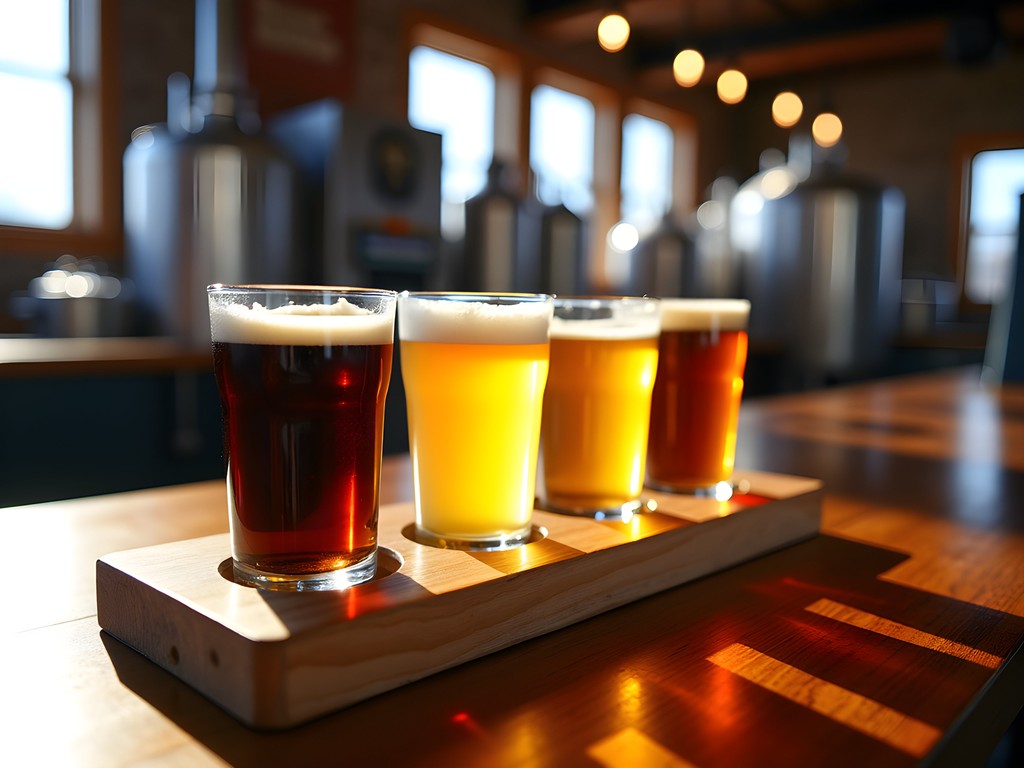
💡 Pro Tips
- Visit breweries mid-week for more personalized attention from staff
- Ask about seasonal specialties not on the regular menu
- Consider hiring a local guide if you plan to sample extensively
Cultural Immersion at the Maine State Museum
While Augusta may not boast temple architecture like my favorite sites in Southeast Asia, the Maine State Museum functions as a similar cultural sanctuary—a place where objects of significance help visitors connect with deeper traditions and values. Located adjacent to the State House, this three-floor institution chronicles Maine's natural and cultural history with remarkable attention to detail.
What struck me most was the museum's focus on indigenous Wabanaki cultures—a refreshing departure from the colonial-centric narratives I've encountered in many historical institutions. The careful preservation of traditional crafts and tools reminded me of similar efforts I've documented in sustainable tourism projects across New Zealand.
For couples seeking deeper connection with local heritage, time your visit to coincide with one of the museum's hands-on workshops. During my visit, I participated in a traditional basket-weaving demonstration led by a Penobscot artist. The meditative quality of the craft—and the stories shared during the process—created a meaningful cultural exchange that commercial tours simply cannot replicate.
To fully document these experiences, I rely on my pocket audio recorder for capturing ambient sounds and interviews (with permission, of course). For preserving visual memories without being obtrusive, the mini instant camera lets you create physical mementos to share with the people you meet—a gesture of cultural exchange I've found universally appreciated.

💡 Pro Tips
- Check the museum's calendar for special demonstrations by local artisans
- Allow at least 2-3 hours to properly explore all exhibits
- Visit the museum shop for ethically-sourced crafts supporting local artists
Kennebec River: Cultural Lifeblood of Augusta
No cultural exploration of Augusta would be complete without experiencing the Kennebec River—the waterway that has shaped this region's development for centuries. As an environmental scientist and endurance athlete, I'm drawn to rivers as both ecological systems and avenues for human connection.
The Kennebec River Trail offers a perfect introduction, with interpretive signs detailing the river's role in indigenous transportation, colonial commerce, and industrial development. The 6.5-mile path accommodates both cyclists and pedestrians, making it ideal for couples with different fitness levels.
For a deeper connection, I highly recommend booking a guided kayak tour with a local outfitter. Our guide, a lifelong Augusta resident, shared stories of the river's environmental recovery—a heartening tale of conservation that resonated with my work in sustainable tourism. Paddling beneath the historic Edwards Dam site (removed in 1999 to restore fish migration) offered a powerful lesson in environmental restoration.
During summer months, don't miss the weekly farmers' market along the riverfront. Here, Augusta's agricultural heritage comes alive through seasonal produce, artisanal cheeses, and fermented goods that reflect Maine's traditional preservation methods. I discovered a small-batch sauerkraut producer whose wild-fermented creations rivaled those I've studied in Eastern Europe.
For river exploration, I recommend bringing a waterproof phone case to protect electronics while still allowing photography. And don't forget a packable sun hat for protection during longer paddling excursions—the river offers little shade during midday hours.
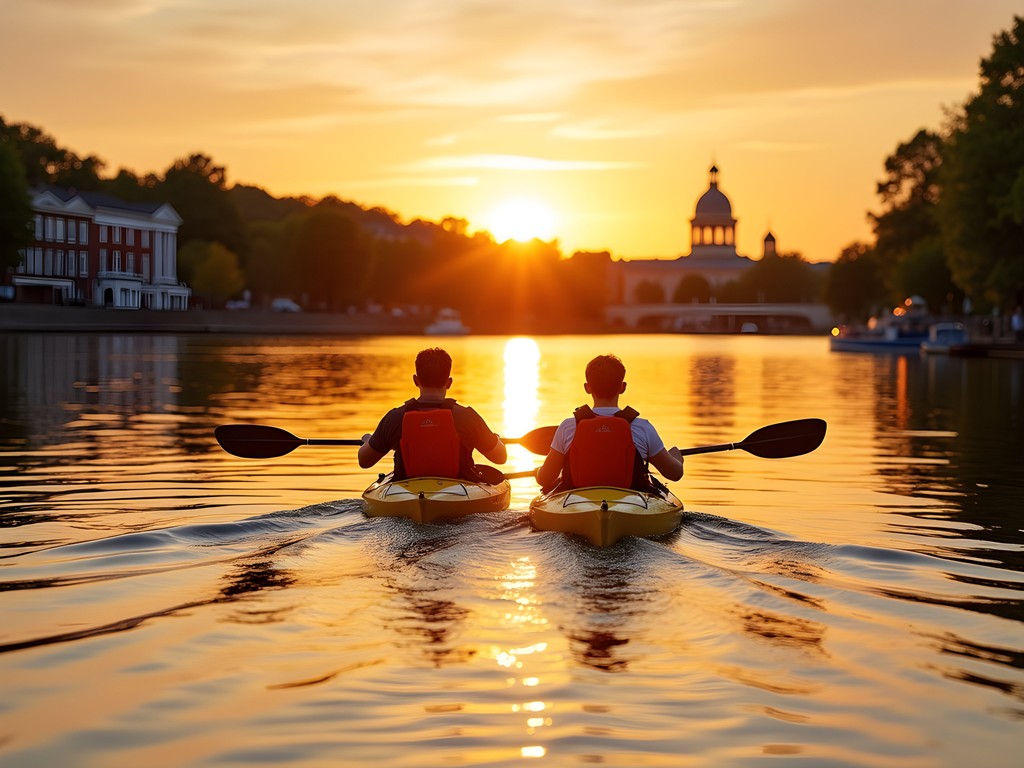
💡 Pro Tips
- Book kayak rentals at least a day in advance during peak summer weekends
- Visit the farmers' market early for best selection from local vendors
- Pack water shoes for rocky river access points if kayaking
Sustainable Dining: From Farm to Historic Table
Augusta may not have the culinary reputation of Portland, but its farm-to-table scene offers authentic connections to Maine's agricultural traditions. As the daughter of a French chef, I approach regional cuisine as a cultural expression worthy of serious exploration.
Downtown Augusta's revival has brought several noteworthy establishments focusing on local ingredients. Riverfront Barbeque & Grille surprised me with their commitment to locally-raised meats and house-fermented sides—their kimchi coleslaw demonstrated a fascinating fusion of Maine tradition with global techniques. For a special evening, reserve a riverside table at sunset when the light transforms the Kennebec into ribbons of gold.
For a more casual cultural experience, the food trucks gathering at Mill Park on summer weekends showcase diverse culinary traditions that have enriched Augusta's heritage. I was particularly impressed by a multigenerational Franco-American family serving traditional tourtière (meat pie) based on recipes brought from Quebec over a century ago.
To truly understand Augusta's food culture, visit the Bond Brook Farm, a working agricultural site that offers tours demonstrating sustainable farming practices. Their approach to soil regeneration reminded me of projects I've studied in my environmental science work—proof that traditional agricultural wisdom often aligns with modern sustainability science.
When exploring local markets, I always bring my reusable produce bags to minimize single-use plastic. For picnics along the Kennebec, a compact insulated cooler bag keeps local cheeses and beverages at perfect temperature while exploring.
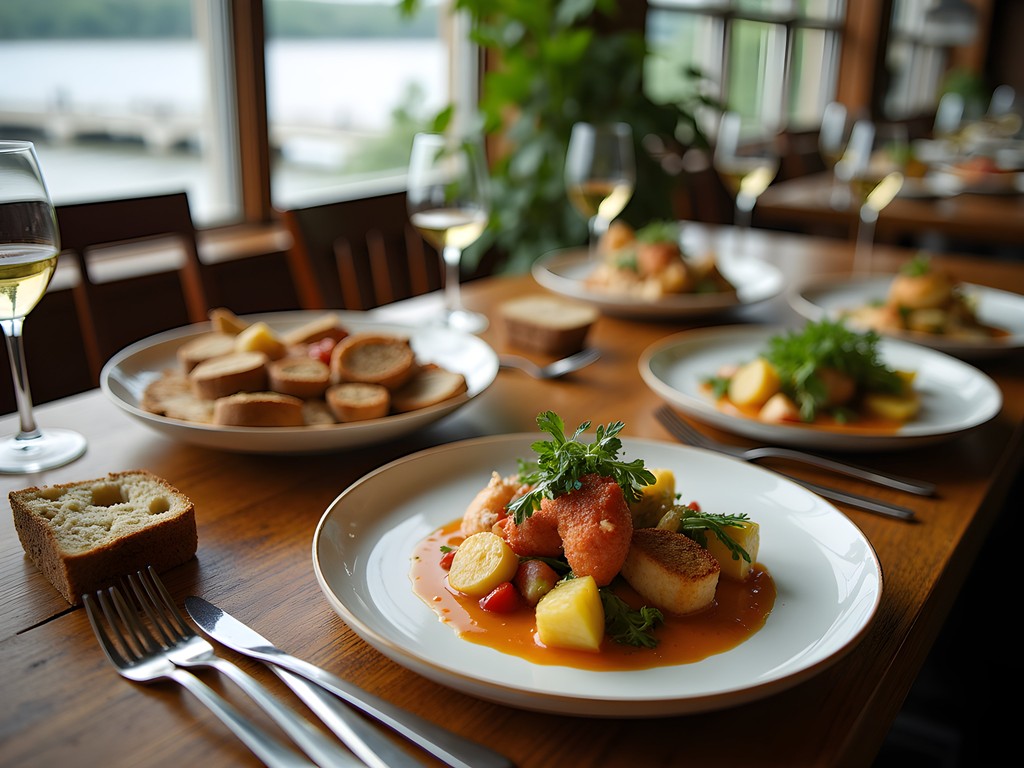
💡 Pro Tips
- Ask servers about locally-sourced ingredients—many have direct relationships with producers
- Make dinner reservations for riverside establishments at least a week ahead during summer
- Look for the 'Maine Harvest' label at markets to identify truly local products
Final Thoughts
As I cycled back across the Kennebec on my final evening in Augusta, the setting sun casting long shadows from the State House dome, I reflected on how this often-overlooked capital had revealed itself as a microcosm of American cultural evolution. From indigenous traditions to colonial history, industrial development to environmental restoration—Augusta's story unfolds for those willing to engage mindfully with its spaces and people.
What makes Augusta special for couples seeking cultural connection isn't grand museums or famous landmarks, but rather the accessibility of its heritage and the authenticity of its community. In an age of overtourism affecting many destinations, Augusta offers that increasingly rare opportunity for genuine cultural exchange without crowds or commercialization.
As we navigate our responsibilities as travelers in a changing world, places like Augusta remind us that sustainable tourism isn't just about environmental practices—it's about supporting communities that maintain their cultural identity while adapting to new realities. C'est dans l'équilibre que nous trouvons la beauté—it's in the balance that we find beauty. Until next time, bon voyage and may your journeys always connect you with the heart of a place.
✨ Key Takeaways
- Augusta offers rich cultural experiences without the crowds of Maine's more famous coastal destinations
- Cycling provides the ideal pace to absorb Augusta's historical narrative and river culture
- Supporting local producers and artisans helps preserve authentic cultural traditions
- The removal of Edwards Dam demonstrates how environmental restoration can enhance cultural heritage
📋 Practical Information
Best Time to Visit
June through September
Budget Estimate
$300-500 for a weekend (accommodation, food, activities)
Recommended Duration
2-3 days
Difficulty Level
Moderate


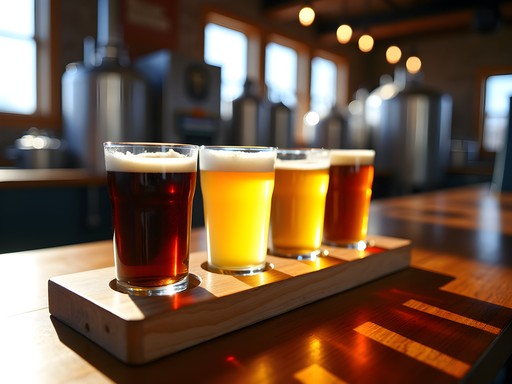

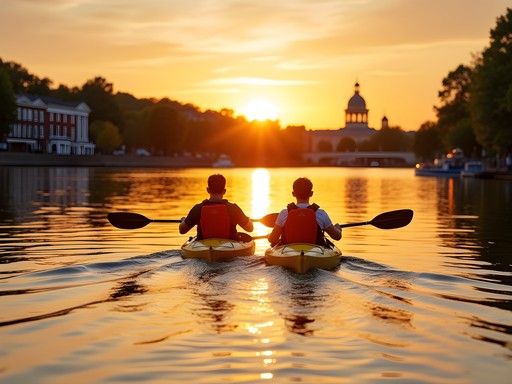
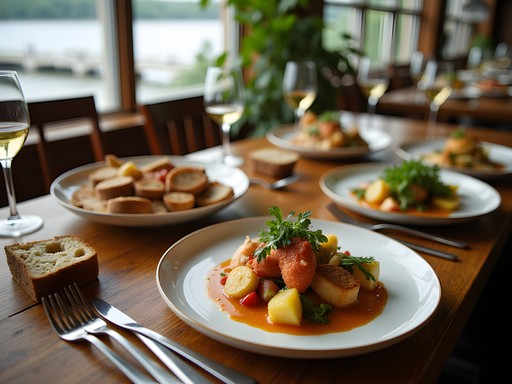



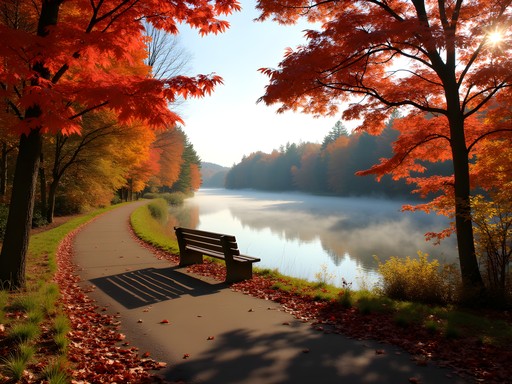
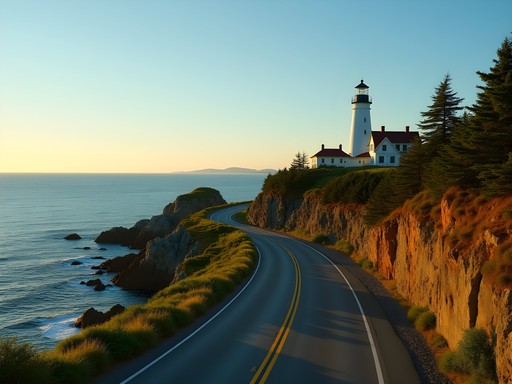
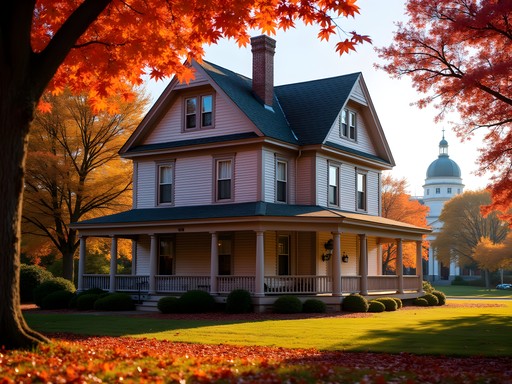

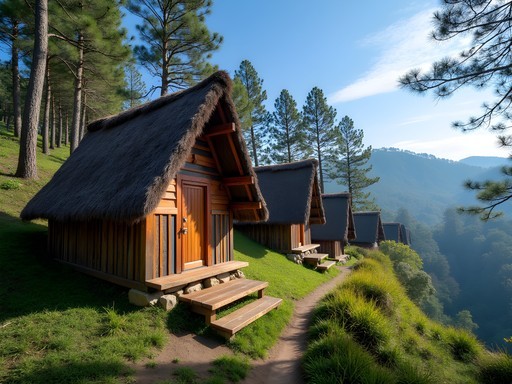
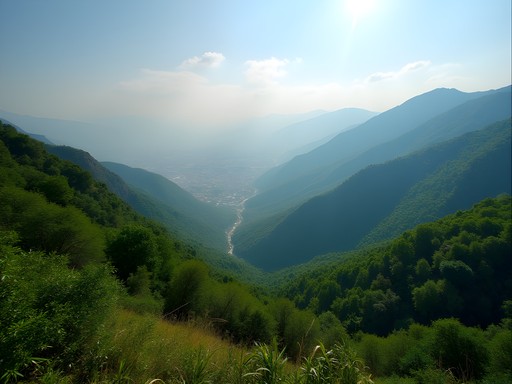

Comments
Oliver Duncan
Ana, loved reading this! I'm planning a New England swing this summer and Augusta wasn't even on my radar. Quick question - how bikeable is the city overall? You mentioned cycling across the Kennebec, but are there dedicated paths or is it mostly road cycling? I usually travel with my folding bike and I'm wondering if it's worth bringing along for Augusta specifically.
Ana Armstrong
Oliver - definitely bring it! There's a nice rail trail system and the downtown area is pretty bike-friendly. The Kennebec River Rail Trail connects to several historical sites. Just be aware some roads near the State House have heavier traffic during weekdays.
roamlegend
The Maine State Museum is seriously underrated! Spent like 3 hours there last fall and didn't even get through everything. Did you check out the exhibit on the logging industry? That water-powered mill replica was incredible. Also curious which breweries you hit up - we went to Cushnoc and the taproom vibes were perfect after a day of sightseeing.
Ana Armstrong
Yes! The logging exhibit was fascinating. I visited Cushnoc too - their sour ales were outstanding. Also stopped by Liberal Cup, which had great pub food to go with the beer.
roamlegend
Liberal Cup is solid! Their pizza hits different after cycling all day haha
winterfan
Going to Augusta next month with my family. Is the Maine State Museum kid-friendly? My boys are 7 and 10.
Ana Armstrong
Absolutely! They have several interactive exhibits that my friends' kids loved. The logging and ice harvesting displays were big hits with the younger crowd!
winterfan
Perfect, thanks Ana! Adding it to our itinerary.
Bryce Diaz
Ana, your post brought back memories of my solo trip to Augusta three years ago. I remember sitting on the steps of the State House watching the sunset, feeling like I was touching a piece of American history. The cycling path along the river is truly underrated - I rented a bike from that little shop near Water Street and spent hours exploring. One tip for anyone heading there: the guided tours at Old Fort Western are worth every penny, especially if you get Mark as your guide. His stories about colonial life had me completely captivated. I tracked my routes using my bike computer which was perfect for navigating Augusta's historical districts without missing any landmarks.
winterfan
Old Fort Western was closed when I visited! Definitely need to go back for that.
Bryce Diaz
Oh that's too bad! It's definitely worth planning around their opening hours for a return trip.
sunsetstar
Those sunset pics from the Kennebec River are stunning! Adding Augusta to my bucket list now!
nomadexplorer
Ana, your cycling route along the Kennebec River sounds magical! I visited Augusta last summer and completely missed the fermentation heritage spots. Wish I'd seen this post before my trip! The Maine State Museum was definitely a highlight though - spent almost a full day there getting lost in all the exhibits. Did you check out any of the local breweries while you were there? The craft beer scene is surprisingly vibrant for such a small capital city!
Ana Armstrong
Thanks for reading, nomadexplorer! Yes, I tried a few local breweries - Cushnoc Brewing Co. was my favorite. Their historic building adds so much to the experience!
nomadexplorer
Cushnoc was great! Love how they incorporate local history into their beer names too.
BikeTourer
Just added Augusta to my summer cycling tour! Thanks for the inspiration!
HistoryBuff1985
If you're into the historical aspects, don't miss the Maine State Library archives! They have amazing old maps of the Kennebec River settlements that aren't on regular display. Just ask at the reference desk and they'll bring them out if you're interested.
Jean Wells
Excellent suggestion. The maritime trade maps from the 1800s are particularly fascinating for understanding Augusta's development as a river port.
AdventureFamily5
Going to Augusta next month with my family. Is the cycling path suitable for kids? Mine are 8 and 11.
Ana Armstrong
The Kennebec Rail Trail portion is perfect for kids! It's flat and well-maintained. Just avoid the hillier sections near the Capitol if they're not experienced cyclists.
AdventureFamily5
Perfect, thanks! Can't wait to try it.
MaineTraveler207
Love your photos of the State House! The lighting is perfect.
Venture X
Premium card with 2X miles, $300 travel credit, Priority Pass